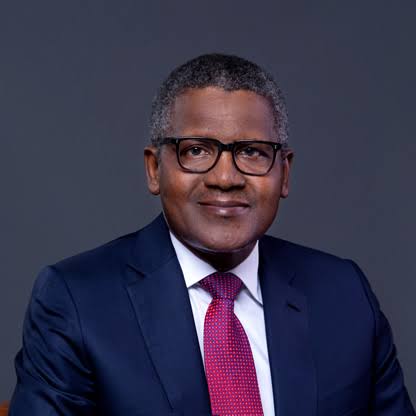In a recent session, the House of Representatives of Nigeria has called on Aliko Dangote, the owner of Dangote Refinery, to disclose the prices at which he sells petrol to the Nigerian National Petroleum Corporation (NNPC) Limited and other major marketers. This motion was brought forward by Oboku Oforji and highlights ongoing disputes regarding the costs of petrol in the country.
The debate over petrol pricing has become a significant issue between NNPC Limited and Dangote Refinery. NNPC claims to be purchasing petrol from Dangote at a rate of N898 per litre. However, Dangote Refinery disputes this figure, stating that their selling price is actually lower. This disagreement raises questions about the pricing structure and transparency in the oil sector, an area that is critical for Nigeria’s economy.
In light of these disputes, lawmakers have urged Dangote Refinery to provide clearer information regarding their petrol pricing. This step is seen as necessary to ensure fairness and accountability in the petroleum industry, where prices significantly impact consumers and the broader economy.
Additionally, the House of Representatives has recommended that Dangote Refinery take proactive measures to improve the distribution of its products. One suggestion is for the refinery to build or partner with other entities to create Tank Farms or depots in various geopolitical zones across Nigeria. This strategy aims to enhance distribution efficiency and make petrol more accessible to consumers nationwide.
During the motion, Oforji praised the efforts of Dangote Refinery in contributing to Nigeria’s energy independence. He emphasized that the country is moving towards energy self-sufficiency, which includes several goals.
By refining fuel domestically, Nigeria can reduce its reliance on imported fuel and save foreign exchangeWith a growing population and rising energy needs, ensuring a steady supply of petrol is crucial.
A stable and transparent oil sector can draw in international investors, boosting the economy.
Exporting refined products can help Nigeria generate foreign currency, further strengthening its economy.
To support these goals, Oforji suggested that Dangote Refinery should consider selling directly to independent marketers. This approach could help streamline the supply chain and ensure that more players in the market can access fuel at competitive prices.
The call from the House of Representatives for Dangote Refinery to disclose its petrol pricing is a crucial step towards transparency in Nigeria’s oil sector. As the country strives for energy independence, addressing pricing disputes and improving distribution methods will be key to meeting the energy needs of its citizens. With continued support for local refineries and a focus on transparency, Nigeria can work towards a more stable and self-sufficient energy future.







